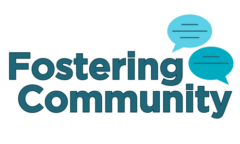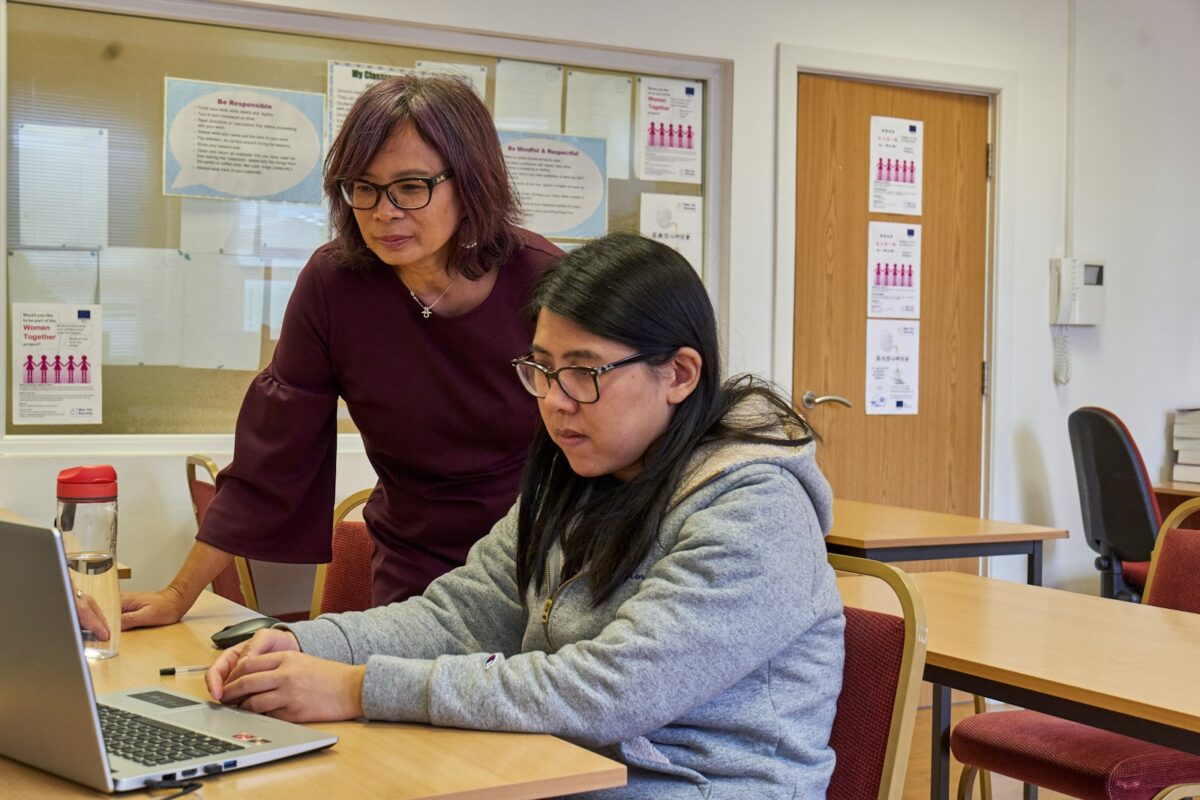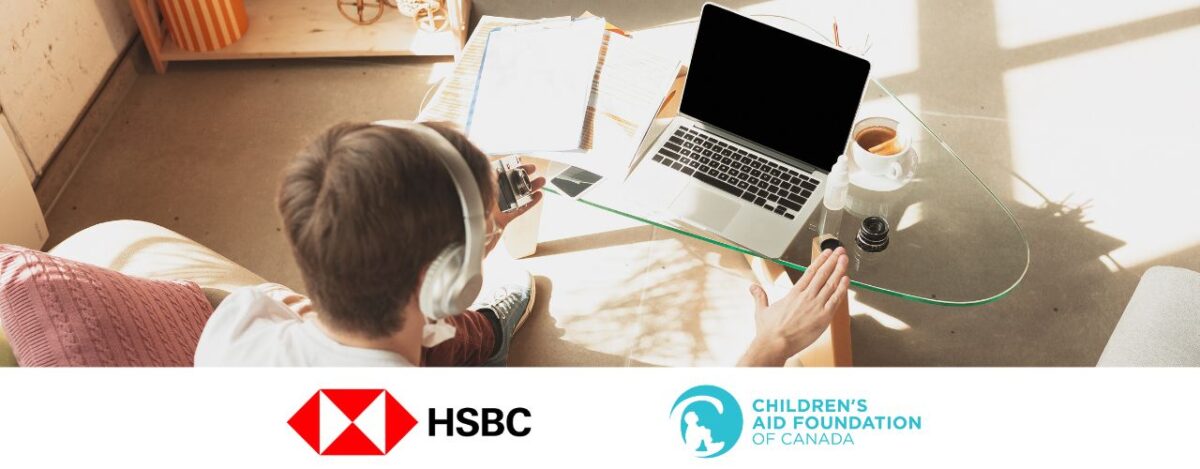On May 14, 2021, Seneca launched a tuition bursary that will pay tuition for current or former youth in extended society care who are pursuing their first postsecondary credential. In addition to financial support, interested youth can be matched with a Seneca staff member who will support them throughout their program and assist them in accessing resources such as mentoring, tutoring and academic advising.
Eligibility
There is no age cap for this bursary. The applicant must be a current or former youth in extended society care (Crown ward) or Customary Care (including Voluntary Youth Service Agreements), not adopted, who has been in the care of an Ontario Children’s Aid Society for a minimum of 12 months (consecutive or cumulative) as defined by the Child, Youth and Family Services Act (CYFSA) of Ontario. The applicant must also demonstrate financial need and must be applying for their first postsecondary credential.
Bursary Value
This bursary is valued at the total amount of tuition fees for any Seneca diploma, degree or certificate program. The bursary will be renewed each academic year until graduation, provided the recipient has fulfilled all program requirements (i.e. maintained a full-time course load, met the minimum grade requirements, etc.) and continues to demonstrate financial need.
What is a youth in extended society care?
A youth in extended society care (also referred to as a foster child or a Crown ward) is a youth who is placed in the care and custody of the Children’s Aid Society when it has been determined that they can no longer live with their birth parents, and that a better and less restrictive option (such as placing the child with relatives) is not available. The province accepts all rights and responsibilities for the youth until they turn 18, get married or are adopted.
When is the deadline for current or prospective students to apply for this bursary?
- Sept. 20, 2024 for the Fall 2024 Term
- Jan. 17, 2025 for the Winter 2025 Term
The criteria to apply are as follows:
- must be a current or former youth in extended society care (Crown ward) or Customary Care (including Voluntary Youth Service Agreements), not adopted, who has been in care for a minimum of 12 months in the Ontario care system
- must apply to Seneca through the Ontario College Application Service (OCAS) and receive an offer of admission before applying for the bursary (prospective students may contact Recruitment by email at YouthinCare@senecapolytechnic.ca to discuss program options)
- must be pursuing first postsecondary credential
- must be applying for full-time studies (at least 66 per cent course load) in a day program
- must submit an Ontario Student Assistance Program (OSAP) application every academic year
- must demonstrate financial need
- must apply for the bursary prior to the start of studies (current students are welcome to apply for the upcoming semester)
Current Seneca students application can email YouthinCare@senecapolytechnic.ca to indicate your intent to apply for the bursary, and Judy Pattison, Student Recruitment Liaison Officer, will help you through the process.
Prospective students who are interested in the bursary must first apply to Seneca through OCAS and be accepted to a program before applying for the bursary (students may contact Recruitment by email at YouthinCare@senecapolytechnic.ca to discuss program options).
For more information, please check out: Youth in Care Tuition Bursary | Awards, Scholarships and Bursaries | Seneca Students (senecapolytechnic.ca).








